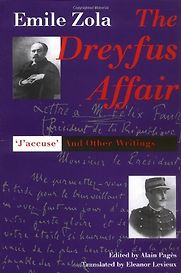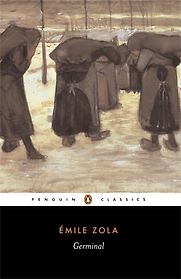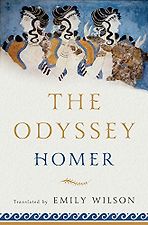Recommendations from our site
“J’accuse is an open letter he wrote in 1898 in the newspaper L’Aurore, just after the real culprit in the Dreyfus affair, Esterhazy, was acquitted of spying. J’accuse is an extraordinary polemic in which he deployed all his formidable literary talent. In it, he accuses the military of a cover-up and cites a number of individuals. What’s interesting about the letter is that it does have a number of errors. Zola wasn’t particularly concerned with the details and was, in fact, rather a late convert to the Dreyfusard cause. More than 300,000 copies of J’accuse were printed, so many that it caused a paper shortage in the capital. It caused a great storm and almost immediately Zola is charged with defamation. He is found guilty and has to escape into exile in England. But it’s at this moment that the Dreyfus affair really takes off, and reveals its peculiarly combustible mixture of literary polemic, popular journalism and the mass public agitation. It’s very interesting that Zola, a man who’s famous for depicting crowd scenes, goes to his trial and is surrounded by people who are trying to attack him. He’s amazed because he finds himself no longer writing about the unthinking nature of group activity, but becoming the sacrificial victim in a mob scene. Frightened to death, he calls them “the cannibals” and realises that demagoguery and anti-Semitism are real dangers to democracy. Zola is distinguished among the Dreyfusards because at the centre of his advocacy is a real struggle against anti-Semitism – for many this is not the case. He had anti-Semitic traces in his writing prior to the affair, but he came to reject it profoundly and work towards a cure for this malady in French society.” Read more...
The best books on The Dreyfus Affair and the Belle Epoque
Ruth Harris, Historian








